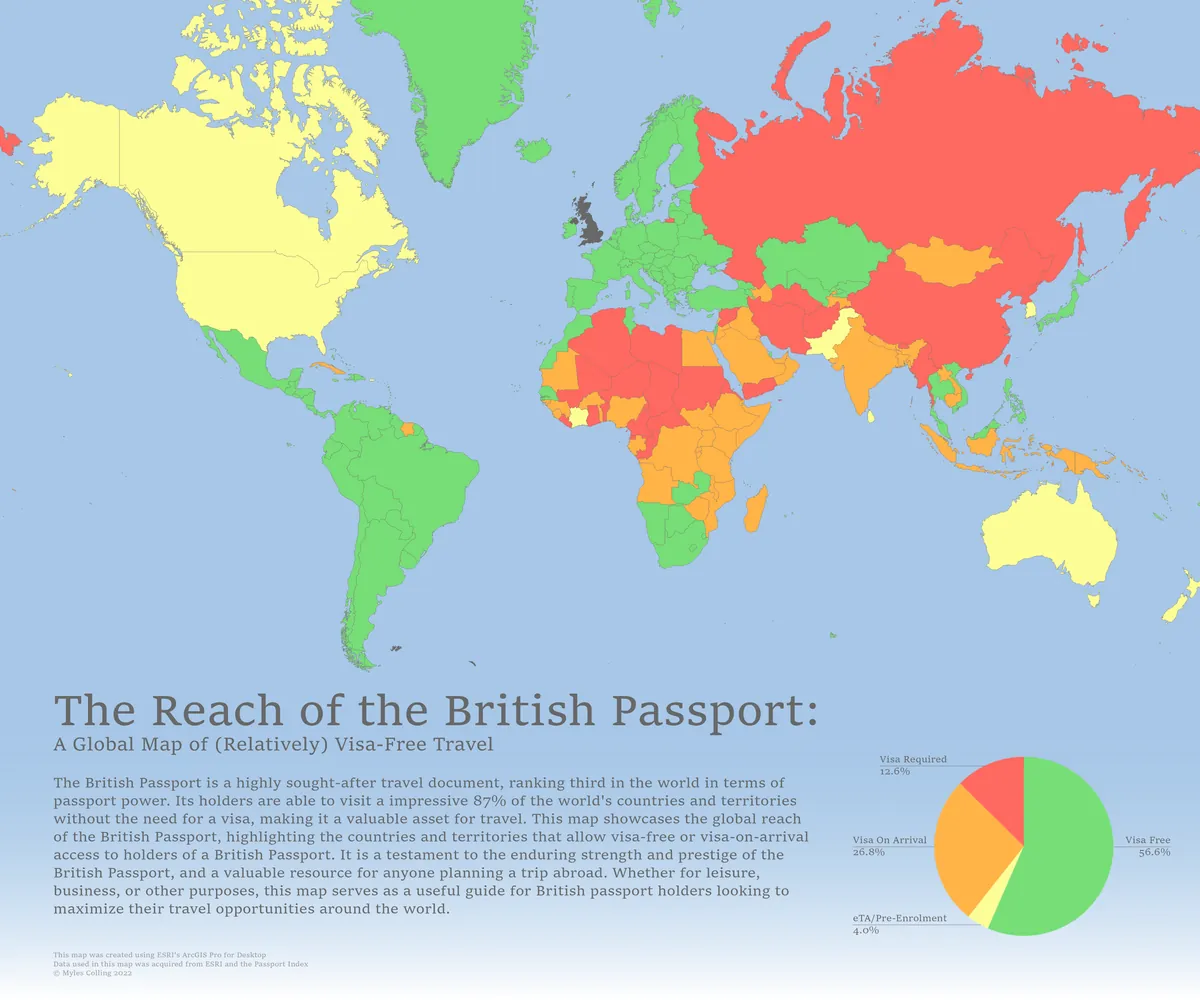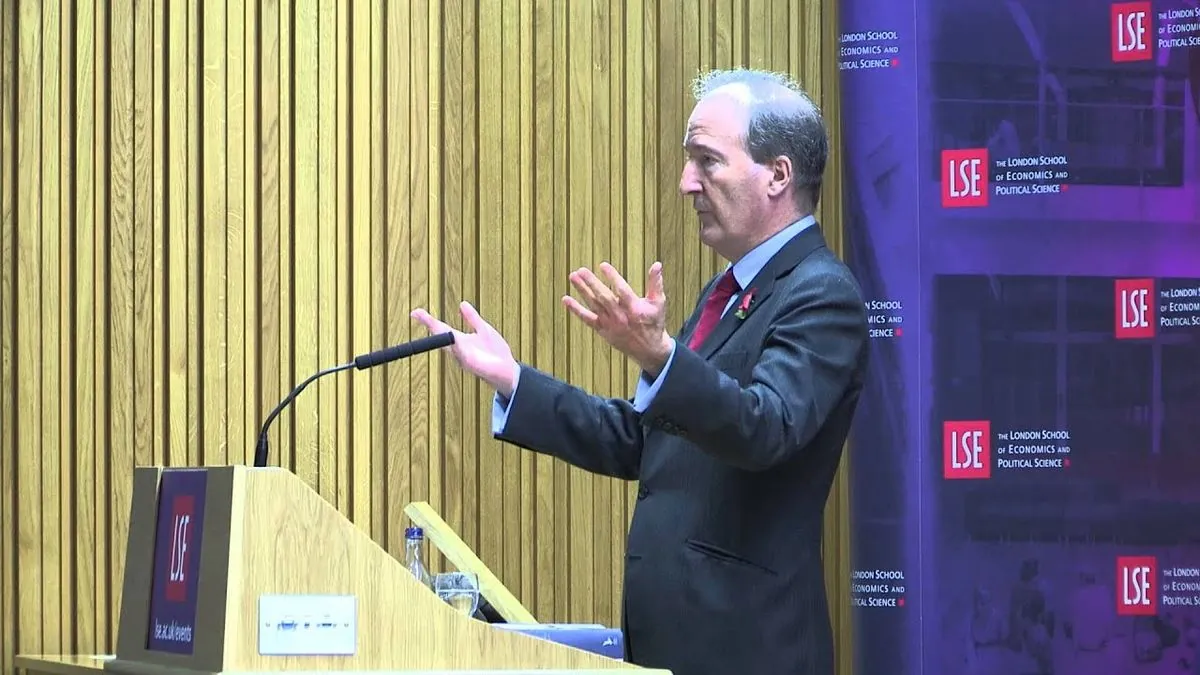Wealthy Britons Flee as Labour Government Sparks Tax Concerns
High-earning professionals are leaving the UK due to tax burdens and quality of life issues. Three case studies reveal motivations behind the exodus and concerns about future Labour policies.

The recent ascension of a Labour government in the UK has triggered an exodus of wealthy and skilled individuals, as concerns mount over potential tax increases in Rachel Reeves's upcoming Budget. This trend highlights a growing dissatisfaction among high-earners with the country's tax system and overall quality of life.
Steve Oldfield, a 60-year-old IT consultant from Cheshire, exemplifies this trend. Originally planning to work until 67, he opted for early retirement in the Philippines. Oldfield's decision was influenced by the UK's progressive tax system, which includes rates up to 45%, and the controversial IR35 legislation introduced by Gordon Brown in 1999 to combat tax avoidance.
"It was incredibly demotivating. I lost a contract on the back of the tax. I lost interest, I found it really hard to motivate myself. How can you work to keep 40p of every pound you earn? It's ridiculous."
Oldfield's experience reflects the challenges faced by contractors under IR35, which can result in effective tax rates of up to 60%. This situation, combined with a perceived decline in public services and quality of life, led him and his wife to relocate to the Philippines, where the top individual income tax rate is 35%.

The culinary industry has also seen talent departures. Michael Hanbury, a 52-year-old skilled chef, has moved to Thailand after facing difficulties in the UK's hospitality sector. The COVID-19 lockdowns severely impacted his London restaurant, and he felt unsupported by government measures. Thailand's personal income tax rates, ranging from 0% to 35%, offer a more attractive financial environment for Hanbury.
The UK's inheritance tax, set at 40% above a certain threshold, is another factor driving wealth out of the country. Hanbury, with family ties to the pharmaceutical industry, views this tax as "obscene" and a deterrent to wealth retention.
In the tech sector, Cameron Nicholls, a 40-year-old IT professional, relocated to Malaga, Spain, with his family. Nicholls was drawn by Spain's Beckham Law, which allows foreign workers to pay a flat 24% tax rate for six years. This law, named after David Beckham who benefited from it during his time at Real Madrid, can result in significant tax savings for high-earners.
"You can save £50,000 to £100,000 a year just on taxes. That's what a lot of people earn in the UK and that's what I'm saving on tax being here."
These departures raise concerns about the UK's ability to retain talent and wealth. With SMEs accounting for 99.9% of UK businesses, the loss of entrepreneurs and skilled professionals could have far-reaching economic implications. The situation is further complicated by the UK's rising public sector debt, which stood at £2.5 trillion as of July 2023.
As the Labour government considers its economic policies, including a potential increase in corporation tax to 25% for larger companies, the exodus of high-earners serves as a stark reminder of the delicate balance between taxation and economic growth. The challenge lies in maintaining a robust welfare state and public services, including the NHS, while creating an environment that encourages wealth creation and retention.


































